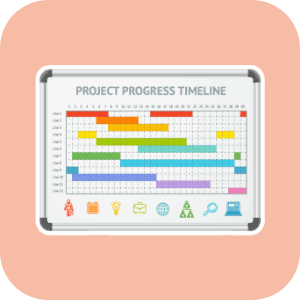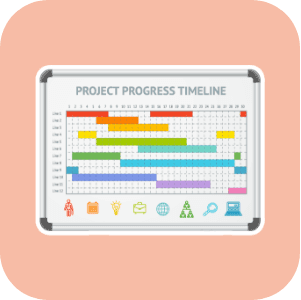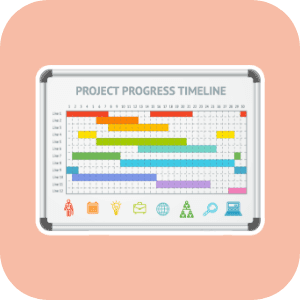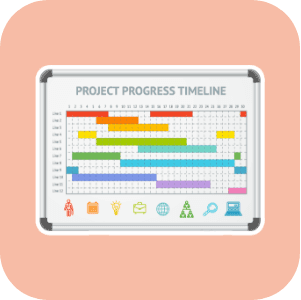Learn the basics of
Psychological Safety in the Workplace
Empower your teams with the ability to create psychologically safe work environments with this course which focuses on psychology skills in the workplace. This short course identifies the elements of psychological safety in the workplace, the benefits of a psychologically safe working environment and the risks of a psychologically unsafe working environment for employees, management and the organisation. By the end of this psychology course for employees, the learner should be able to identify a lack of safety and implement the knowledge learned to create a psychologically safe working environment.
Key Learning Objectives:
- Understand the scope of psychological safety
- List the basic elements of psychological safety
- Identify the benefits and risks of a psychologically safe workplace
- Apply knowledge learned to real life scenarios
- Create a psychologically safe workplace or employees

Ideal for:
All employees at all levels.
Course outcome:
Empower teams with psychology skills applicable to the workplace.
Course outline:
04
Weeks
01
Modules
08
Lessons
Course accreditation:
Upon completion of this leadership training course your employee will receive an accredited certificate assessed by global academic partner, the CPD Certification Service.
Globally recognised by:

Course details
MODULE 1
Diploma in Psychological safety in the workplace
MODULE 1
Diploma in Psychological safety in the workplace
1.What is psychological safety?
The need to feel safe in the workplace is something that employees and company leaders crave, yet we do not know how to create this environment. We spend the majority of our time in the office or working, why would you not want that space to be comfortable, accommodating and safe? In this lesson, we're going to explore what the term psychological safety means and how a person can be safe in a workplace.
2.Motivation, Commitment and Job satisfaction
This lesson focuses on some key concepts in the psychology of individuals at work, namely motivation, commitment and job satisfaction. These three psychological states are intrinsically linked and have a natural correlation with each other. By understanding what positively affects these aspects of the employee, organisations can start to focus on how to improve them.
3.Communication
Communication goes beyond the messages sent – it includes how messages are received too. If one simply ‘hears’ what individuals tell them, they miss out on a vast array of messages directed at them. Listening is one of the most important skills one can have. How well one listens has a major impact on their job effectiveness and the quality of their relationships with others. This lesson identifies why effective communication is so important in any workplace.
4.Diversity and inclusion in the workplace
Diversity has many forms and our understanding of the need to actively create inclusive workplaces for people with different ability levels, health statuses, religious affiliations, language groups and a whole lot more has broadened. We are all different and the world we are living in is increasingly bringing different people together and creating a richer and more diverse environment. In this lesson, we identify the benefits of workplace diversity and inclusion in an organisation.
5.Ethics
Ethics help to establish codes of conduct for applied settings like the workplace and they enable society to function within a set of parameters. Without ethics, almost anything would be allowed, and anything could be justified. This lesson is an exploration of the field of ethics and the application of ethics to the workplace.
6.Conflict management
Conflict is all around you. You have conflicts within yourself, with your loved one, your colleagues and your employees. In this lesson, we discuss conflict management and how to approach this difficult task successfully.
7.Building resilience
Resilience is a key element in well-being. Life doesn't get easier or more forgiving, you get stronger and more resilient. This lesson identifies the types and benefits of resilience in the workplace
8.Workplace wellness
What happens when the individual at work is not in a happy, content psychological state? And how does physical well-being affect workers' performance? To complete this course, this lesson is focused on the unhealthy and unhappy side of work like stress and burnout, and the initiatives that can be taken to promote wellness in the workplace



















































